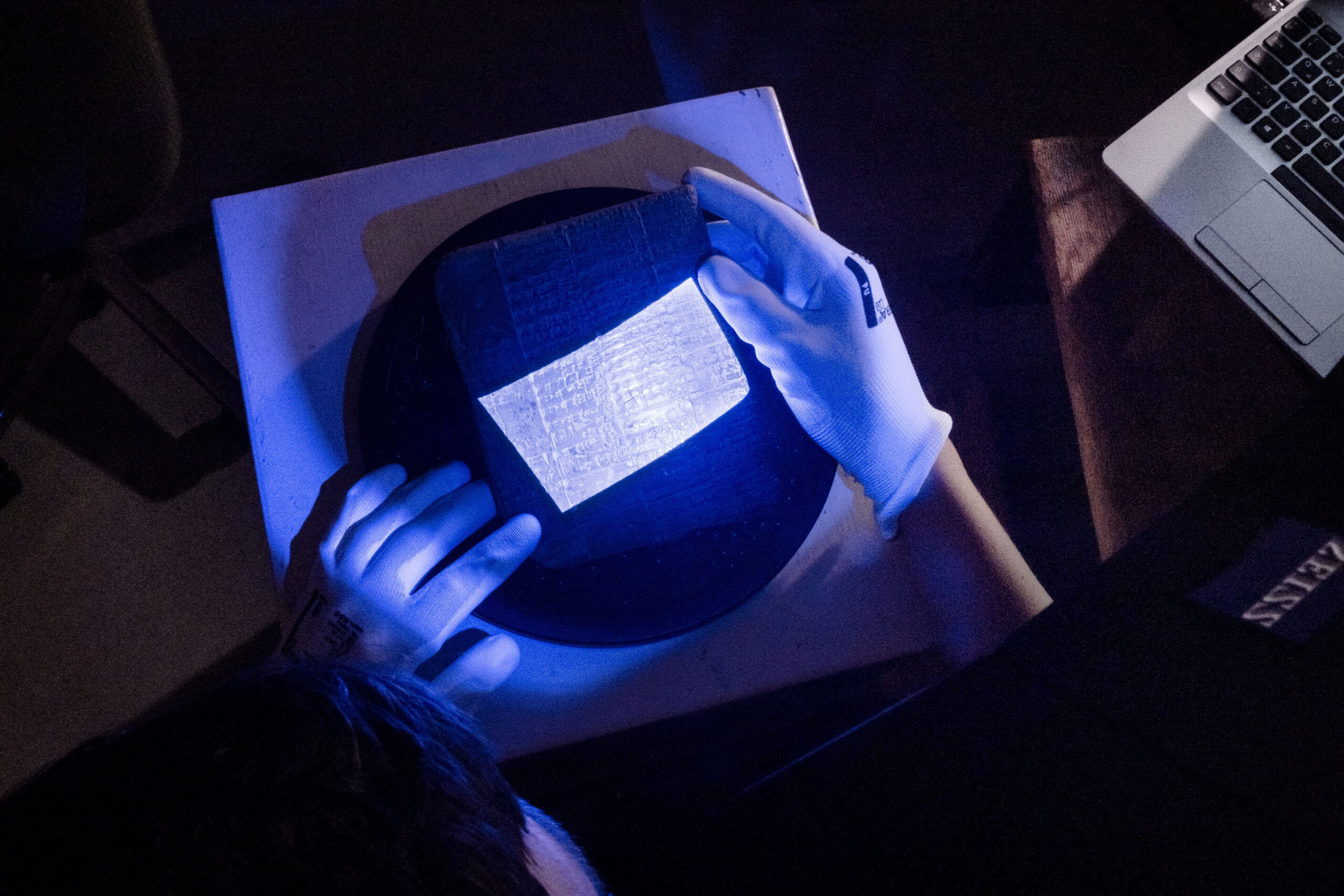[ad_1]

Gears are common machine components used in many engineered systems, such as automotive vehicles, aircraft engines, automation and robotic systems and more.
In industry, machining is the most common way to manufacture gears. To design a gear cutting (i.e., machining) process, different parameters such as cutting speed and material removal thickness per pass need to be chosen to create the required machined part. Typically, this is done by trial and error, or based on an operators’ or engineers’ earlier experience with the process, to produce acceptable results. Unfortunately, such trial-and-error also consumes machine time and materials.
Researchers from University of Waterloo’s Faculty of Engineering—Precision Controls Laboratory, led by Dr. Kaan Erkorkmaz, have developed software to simulate and optimize the gear cutting process to save time and money for large- and medium-sized manufacturing.
The new software, called ShapePro, simulates gear cutting by predicting the complex chip geometry and cutting mechanics (e.g., machining forces, tool/workpiece deflections) in three of the major gear machining processes: shaping, hobbing and power skiving. With these predictions, the software enables accurate analysis, as well as automated or manual optimization of the machining process parameters.
“The software allows you to both cut and measure virtually,” says Erkorkmaz. “This simulation engine is very helpful in terms of improving the productivity, but also retaining the quality of the part.”
This work originated from the graduate research of Andrew Katz while he was completing his master’s degree, and has since worked in collaboration with two additional students, Pierce McCloskey, a master’s student, and Milad Azvar, a doctoral student.
The impetus for the project arose when the university was approached by Ontario Drive and Gear, a local company that produces gears and off-road vehicles, to develop a new gear cutting process. The team developed the core simulation engine to model the geometry and physics of cutting gears.
One of the benefits of ShapePro is improved productivity. The software allows manufacturers to run simulations of gear machining processes in a virtual space; parameters can be manually or automatically adjusted on the computer to see how they affect the process, before performing physical trials on a machine. This reduces the number of trials and increases productivity, while helping preserve the produced gear quality. The software also reduces material use and energy waste, which makes the process more sustainable and decreases the number of operating hours that are not producing a sellable product.
“You cut and measure in the virtual environment first, then you can start from a near optimal setting when you using the actual machine,” explains Erkorkmaz. “These are really expensive machines that take up factory space and operating resources.”
The software is especially helpful for medium-sized companies, as it decreases the trial-and-error process, thus reducing overhead on small batch productions.
Medium- and large-sized manufacturers can also use this software to arrive at close-to-optimal parameters. In other words, it minimizes the cost to design and fine-tune a process, allowing the overall productivity to be increased.
The potential applications for ShapePro are numerous and can be beneficial in many industries. The software is already being used at Toyota (Toyota Motor Europe NV/SA), one of the largest automobile manufacturers in the world. Case studies are also ongoing with an aircraft engine builder, Pratt & Whitney Canada, which have led to success with the software. ShapePro developers are interested in exploring opportunities in other sectors as well, including gear production for robotics and automation, as well as for energy generation.
The next major step for the team is to expand the prediction capabilities, such as to tool wear, and predict and optimize the overall cost effectiveness of gear cutting processes. Knowing how often a tool needs to be re-sharpened or replaced will provide value added benefits to the industry end users.
The software also has the potential to enable digital twins (virtual counterparts made up of mathematical models and data sets) of gear cutting machines and processes. Digital twins will play a critical role in improving the productivity, part quality, and reducing resource consumption in manufacturing operations. Essentially, digital twinning is at the heart of industry 4.0, and is also seen as an enabler for preventative maintenance, which will also enhance the Overall Equipment Effectiveness (OEE).
University of Waterloo
Citation:
New digital simulation tool for gear machining saves time and money (2023, November 15)
retrieved 14 December 2023
from https://techxplore.com/news/2023-11-digital-simulation-tool-gear-machining.html
This document is subject to copyright. Apart from any fair dealing for the purpose of private study or research, no
part may be reproduced without the written permission. The content is provided for information purposes only.
[ad_2]
Source link



